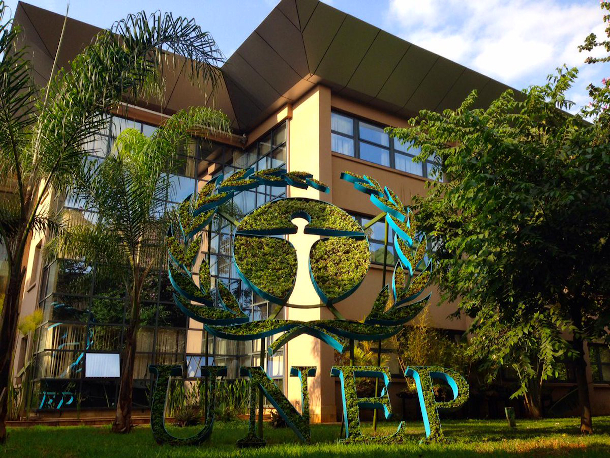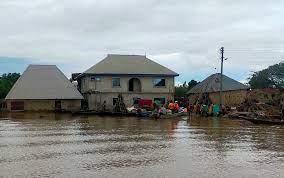Financial institutions worldwide can now measure the positive impact of their investments in biodiversity conservation, adaptation, mitigation, forest protection, and sustainable livelihoods with the help of a new indicator directory and resources platform, launched today.
The Land Use Finance Impact Hub and its Positive Impact Indicators Directory launched today by UN Environment Programme (UNEP) Climate Finance Unit and the UNEP World Conservation Monitoring Centre (UNEP-WCMC) has been developed with and for impact funds and sustainably focused financial institutions, and aims to support the rollout of effective industry frameworks to track the environmental and social impacts of land-use investments.
To successfully tackle the triple planetary crisis of climate change, nature loss, and pollution, leaders are calling for the world to become not only net zero but also nature positive, for the benefit of both people and the planet.
This represents a real paradigm shift with the economic imperative to not only minimize impact but also restore ecosystems. Banks and investors are waking up to this urgent need, and are looking for guidance and practical solutions to help drive nature-positive land-use investments.
The new tool will enable the implementation of policy efforts across the finance industry and encourage capital flows into nature-positive assets and activities.
Strong impact-measurement frameworks are key to driving public and private investor confidence, attracting diverse sources of concessional finance, and mainstreaming private capital across biodiversity conservation, climate adaptation, climate mitigation, forest protection, and sustainable livelihoods. They align with a global focus on nature-based solutions, based on the newly adopted resolution at the 5th UN Environment Assembly.
“Coming hot on the heels of the Task Force on Nature-related Financial Disclosures (TNFD) beta-framework release, the new Land Use Finance Impact Hub provides an important resource for financial institutions to ensure they are properly considering their environmental and social impacts.
The Positive Impact Indicators Directory is a valuable and unique starting point for institutes to track their positive impacts – and aligns with the TNFD call for greater disclosure on nature-related opportunity identification and disclosure,” said Matt Jones, Head of Nature Economy at UNEP-WCMC.
The Positive Impact Indicators Directory is a harmonized shortlist of key performance indicators, designed to encompass fundamental aspects of sustainable land use investment such as the natural habitat area that is effectively protected through time.
It aims to help end-users, including impact funds, asset managers, and debt managers, to identify and measure how land use investments generate positive environmental and social impacts.
UN Member States involved in blended concessional financing will also find this useful to ensure their impacts are properly tracked. The Directory also allows users to see how the proposed indicators link to global goals, including the UN Sustainable Development Goals, the Rio Conventions, and the UN Decade on Ecosystem Restoration, enabling financial institutions to track their positive environmental and social impacts at a time of increasing pressure on the financial sector to influence the change needed to address planetary crises.
“In the early days of sustainable land use finance, there was a tendency for each fund to develop their own set of project-specific Key Performance Indicators, making it difficult to aggregate impact results at the fund level and for financiers to identify where they could best invest their capital to achieve the desired impacts,” said Ivo Mulder, Head of UNEP’s Climate Finance Unit.
“The Land Use Finance Positive Impact Indicators Directory is a first step to resolving this challenge by adopting a common and standardized approach. It brings increased efficiency for capital allocation in nature-positive assets, including in the context of sustainable land-use assets.”
The Directory, while providing a unique, targeted shortlist of indicators for positive environmental and social impacts, is only a small part of the Land Use Finance Impact Hub.
The Hub will host multiple expert discussions, information briefs that educate decision-makers about various environmental and social frameworks and relevant external resources. The team is also looking to expand the Positive Impact Indicators Directory to include indicators relevant to banks, in addition to the current set developed with and for impact funds.
UNEP’s Climate Finance Unit and UNEP-WCMC aim to make the Impact Hub the go-to platform for guidance and tools needed by users to ensure funds are spent efficiently, potential risks are curtailed, and impacts are measured, monitored, and reported against.
By Dare Akogun





